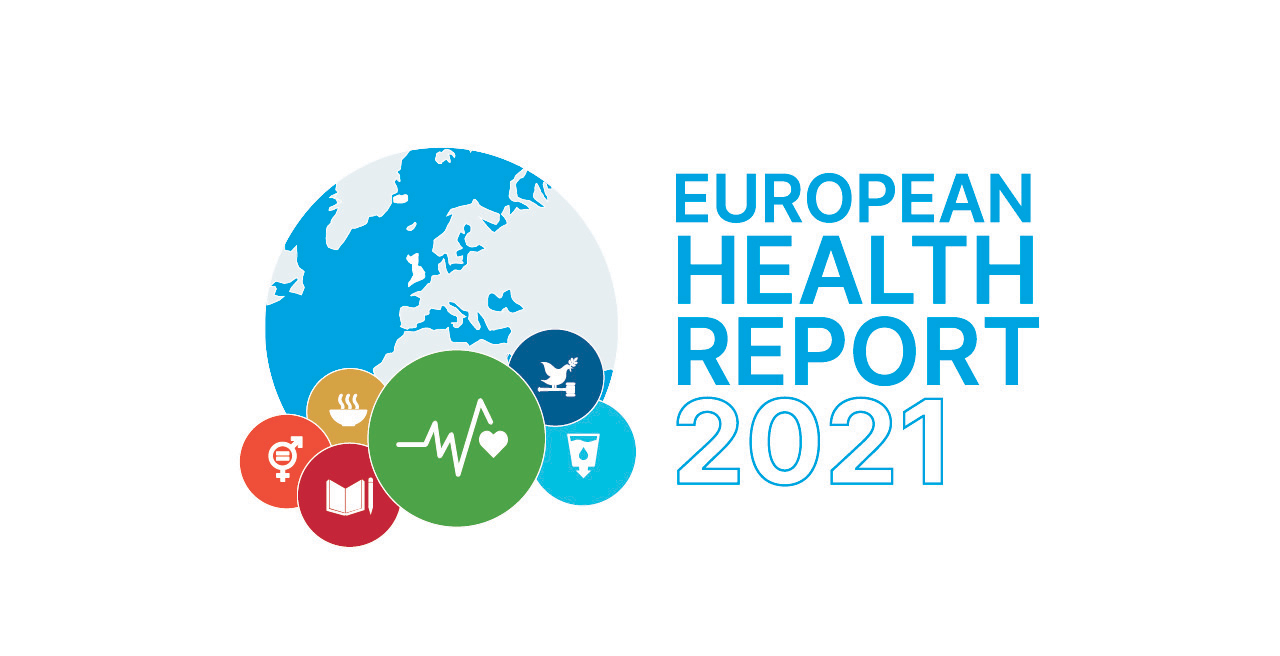A new study from the WHO Regional Office for Europe shows that COVID-19 vaccines prevented over half of COVID-19-related hospitalizations and over half of all severe outcomes, including death. These findings highlight again the power of COVID-19 vaccination to safeguard health, especially for the most vulnerable, including older persons and people with underlying conditions.
Published today in The Lancet Regional Health – Europe, this COVID-19 vaccine effectiveness study, conducted in 6 countries and areas (Albania, Georgia, Kyrgyzstan, North Macedonia, Serbia and Kosovo 1) from January 2022 to November 2023, is the first study to evaluate COVID-19 vaccine effectiveness in middle-income countries and areas across the eastern part of the WHO European Region. The 6 countries and areas are part of EuroSAVE – the European Severe Acute Respiratory Infection Vaccine Effectiveness network.
The study also found that despite the vaccine’s effectiveness, vaccine uptake was very low, pointing yet again to the need for governments and health authorities to ensure that those who could benefit the most from COVID-19 vaccine have access to the vaccine and are encouraged to get vaccinated.
Getting vaccinated routinely
The world is in the fifth year of living with COVID-19, and Omicron subvariants continue to drive infections, leading to hospitalizations and deaths, especially in those at higher risk, such as older adults, people with chronic medical conditions, and people who are immunocompromised or pregnant. Anyone can become infected and transmit SARS-CoV-2, the virus that causes COVID-19, to these vulnerable groups.
Dr Mark Katz, a medical epidemiologist at the WHO Regional Office for Europe and the lead author of the study, explained, “We found that in the countries in the eastern part of the European Region where different kinds of COVID-19 vaccines have been used, the vaccines were very effective in preventing severe outcomes from COVID-19, such as hospitalization and death, for a period of 6 months. This message is still relevant as ever: COVID-19 continues to cause hospitalizations and deaths, overwhelmingly in high-risk people.”
“In our study, fewer than 25% of adults hospitalized with COVID-19 had received a COVID-19 vaccine in the past year. Receiving an up-to-date vaccine remains the best way to prevent serious illness from COVID-19 in high-risk groups.”
As the WHO European Region – encompassing 53 Member States across Europe and central Asia – approaches the winter season, with colder weather on the horizon, it is imperative that vulnerable individuals and groups receive a COVID-19 vaccine, regardless of how many doses of COVID-19 vaccines they may have had in the past.
Because the vaccine’s effectiveness decreases over time, WHO recommends that high-risk people should get a new COVID-19 vaccine routinely – at least once every year – just like the flu vaccine.
Vaccines safeguard health systems
Hospitals have finite resources, such as beds, ventilators, and intensive care units (ICUs). Data from the study show that COVID-19 vaccinations prevented over half of hospitalizations, thereby reducing admissions to ICUs and lessening the burden on health systems and the health workforce. Widespread use of effective COVID-19 vaccines among vulnerable people can ultimately help to alleviate the strain on critical resources, allowing hospitals to focus on providing care for other emergencies, surgeries, and non-COVID-19 illnesses.
Fewer COVID-19 hospitalizations also mean lower likelihood of COVID-19 exposure and transmission among health-care workers themselves, which is critical to ensure adequate staffing levels in hospitals. A resilient health system is better prepared for future pandemics or health emergencies.
Low uptake even when vaccines are available
The study found that fewer than half of hospitalized adults had ever received a COVID-19 vaccine, and fewer than a quarter had received a COVID-19 vaccine in the past 12 months. Most of these hospitalized patients were in risk groups that are prioritized for vaccination. These findings highlight the underuse of this effective tool and should serve as a call to action for governments and individuals as the winter season approaches.
Dr Silvia Bino, head of the Department of Infectious Diseases at the Institute of Public Health of Albania and an author of the study, pointed to the pooled data, which showed that vaccines were effective in reducing hospitalizations and severe outcomes, like ICU admission and death, in the first 6 months after vaccination.
However, she cautioned, “Vaccine effectiveness did not last past 6 months – a finding demonstrated in a number of other studies of COVID-19 vaccines around the world. This study should remind people both of the continued effectiveness of the COVID-19 vaccine in preventing severe outcomes and the importance of staying up to date with COVID-19 vaccination regardless of how many doses of the vaccine a person has received”.
“The most important determinant of COVID-19 vaccine effectiveness was the time since the patient received the last dose of the vaccine,” reiterated Dinagul Otorbaeva, head of the epidemiology department at the Ministry of Health of Kyrgyzstan and an author of the study. “More than 1 in 2 hospitalizations were prevented in people who had recently received a COVID-19 vaccine. These findings again underscore the critical importance of up-to-date vaccination for high-risk people.”
Advice from WHO/Europe
Alongside COVID-19, influenza is also circulating in the WHO European Region during autumn and winter. It is essential to be aware of your risk and take steps to protect yourself and those around you, which includes becoming vaccinated against influenza and COVID-19 if you are in a risk group.
While influenza and COVID-19 can affect everyone, they can lead to severe illness in certain people. If you are at higher risk of severe COVID-19 and flu – an older adult, someone with a chronic condition, or someone who is immunocompromised or pregnant – you should:
- receive both the influenza and COVID-19 vaccines this autumn if they are available where you are;
- revaccinate against COVID-19 6–12 months after your last dose; and
- receive a booster with each pregnancy upon consulting your health-care provider.
If you are a health-care worker, and your Ministry of Health and/or other health authorities recommend the COVID-19 and influenza vaccines, you should become vaccinated.
If you do not belong to at-risk groups but have never had COVID-19 or have not been vaccinated, you should get the vaccine when it is offered to you.




